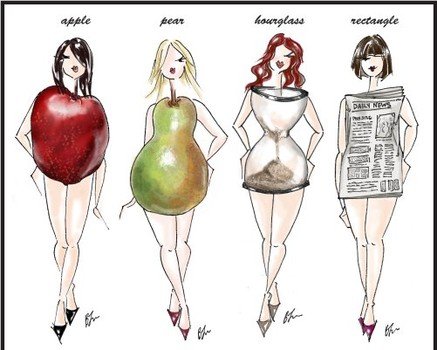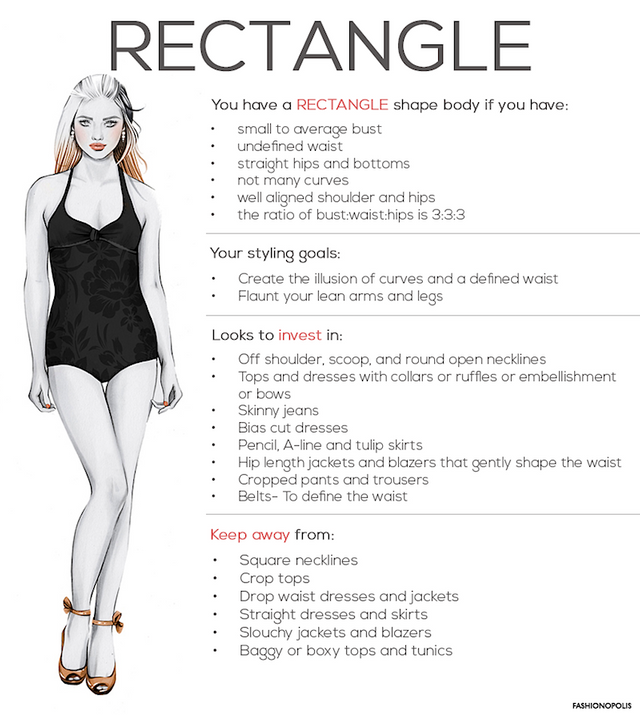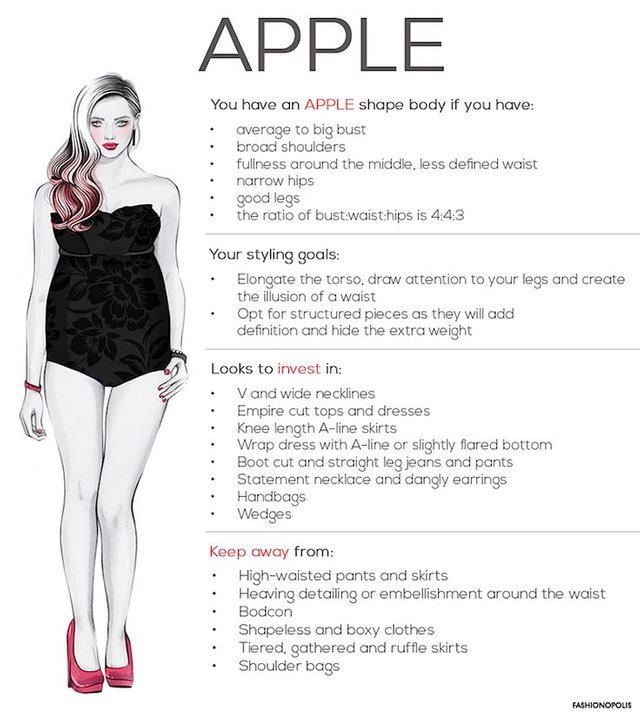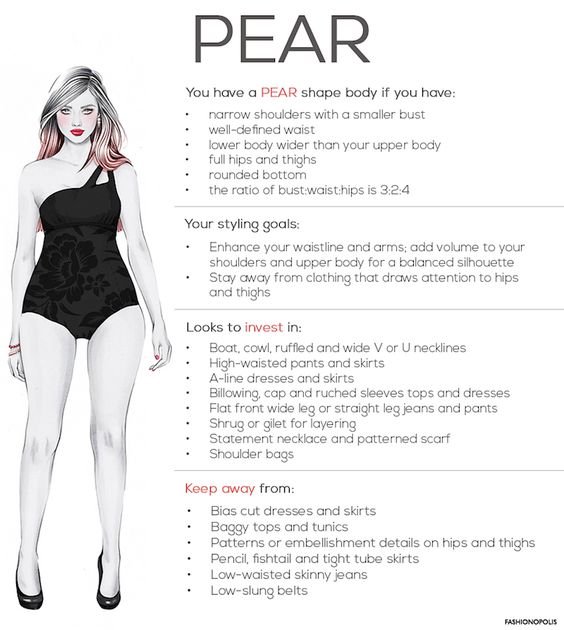Simplifying Weight Loss… Why Are We Fat!!!? See how the food effect your body shape......
One of the most popularly searched topics on the internet is weight loss.
Everyone seems to be looking for the newest fad diet, and tips to help them achieve their health goals. Our world is saturated with diet foods and gyms, yet people are not able to lose weight. Why is that?
Weight loss is not just about cutting calories and ramping up exercise. You need to assess your current state of health, and with my assistance address the reason WHY you are not losing as much weight as you think you should be. In most cases the obstacle is a hormone disturbance or undiagnosed health condition.
It otherwise is dietary, your eating habits, activity level or side effect of a medication. There is a definite reason, and that is what needs to be addressed to in order to achieve success with weight loss.
Your Fat Decoded
With the majority of hormone imbalances we tend to gain weight in the core, especially the lower abdomen and love handles. The following three examples provide greater insight into specific hormones and their affect on the deposit of fat in distinctive body parts.
Box Shaped Body:
Water retention, bloating and gaining weight with equal distribution all over your body is associated with inflammation. The most common culprit is the daily consumption of foods that you are allergic or sensitive too and unaware of. Identifying and removing these foods will decrease inflammation throughout the body helping you to trim down.
Determining food sensitivities is especially useful if you have an existing inflammatory health condition. A few examples include Rheumatoid Arthritis, Crohn’s disease, Colitis, acne, eczema, and alopecia. All of these conditions will be aggravated with increased systemic inflammation in the body.
Apple Shaped Body:
If you skip meals, crave carbohydrates throughout the day or binge eat you likely have an issue with blood sugar regulation. Maintaining balanced blood sugar levels is imperative in a successful weight loss plan. The association between high stress levels and blood sugar issues is strongly correlated. Elevated levels of the stress hormone Cortisol disrupts blood sugar control and increases your appetite causing weight gain. If Cortisol is elevated for an extensive period of time, most people will find that they put on weight in their abdominal region and love handles, and this is typically the isolated area of fat deposit. This occurs as a result of the hormone causing local fat storage. Balancing Cortisol is an obstacle to overcome if you want to shed some pounds, especially if fat is accrued around the belly.
Pear Shaped body:
An estrogen or thyroid imbalance will interfere with your metabolism, consequently impacting your ability to lose weight. Excess estrogen is commonly associated with painful periods, PMS, fibroids and mood swings. Dysfunctional thyroid symptoms on the other hand includes chronic fatigue, hair loss, very dry skin, constipation, infertility, and inability to lose weight despite a vigorous diet and exercise plan.
With both estrogen and thyroid imbalances, the accumulation of fat tends to occur in the triceps, hips, buttocks and thighs.
It is evident that different hormones influence different body parts, especially when it comes to weight gain and fat deposit. As we get closer to the New Year, its time to get serious about our health goals and prepare for positive transformation.
Always keep in mind that losing weight requires commitment, acceptance and support.
Commitment to do the work, in addition to, acceptance and understanding of what needs to be addressed. I am here to help you better understand your body, and assist you in balancing hormones to facilitate your weight loss goals.
Written by Dr. Mary Caracoglia, B.Sc, ND.




WOW! I like it.........
body information always attract us ..